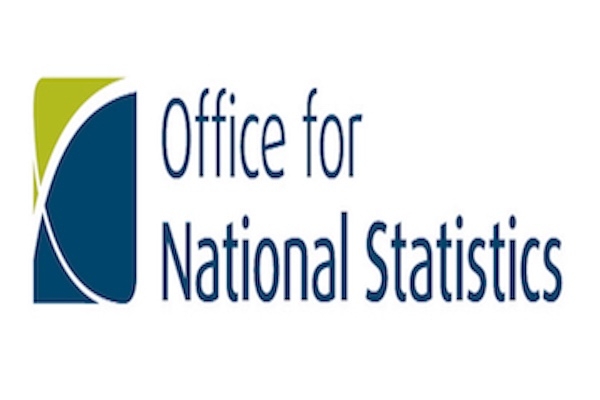CPI inflation rose sharply in July from 0.6% to 1%, data from ONS published today shows.
The Consumer Prices Index including owner occupiers’ housing costs (CPIH) 12-month inflation rate was 1.1% in July, up from 0.8% in June 2020.
The uptick reversed recent declines in inflation seen earlier this year. June figures showed a small increase in CPI inflation to 0.6% from 0.5% in May.
The July increase in CPIH was mainly due to clothing, rising petrol prices and increases in furniture and household goods.
Falling food prices partially offset the increase.
ONS said that as the restrictions caused by the Coronavirus pandemic have been eased, the number of CPIH items unavailable to UK consumers in July reduced to 12, down from 67 in June.
Neil Birrell, chief investment officer at Premier Miton, said: “The consensus expectation for the month on month CPI was for it to be down, but it surprised with a rise of 0.4%, which was reflected in the year on year core CPI up 1.8%. It’s a bit early to call the return of inflation but it does show that there is activity in the economy.”
Laura Suter, personal finance analyst at platform AJ Bell, said: “Despite the Bank of England predicting inflation would fall to near zero this year as a result of Covid-19, the rate has leapt this summer from 0.6% in June to 1% in July. Rising fuel prices, following the oil price slump earlier this year, have helped to push prices up.
Steven Cameron, pensions director at Aegon, said: “The coming months’ figures are critical for pensioners as public sector pension increases are based on CPI figures to September published in October and there’s an expectation inflation will nose dive, with the Bank of England’s Monetary Policy Report outlining it may drop to minus 0.3% for the year to August.
“State pensions increase by the triple lock (the highest of price inflation, earnings growth or 2.5%) and again, it’s the September inflation figure published in October which is used here. If both inflation and earnings growth are particularly low or even negative, the underlying 2.5% guaranteed increase will come at a significant cost to the Government on top of their other Covid-19 bailout measures and put significant pressure on the future of the triple lock.”

